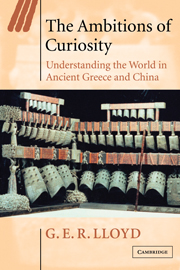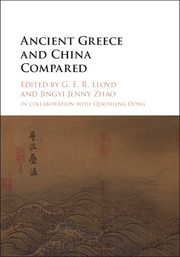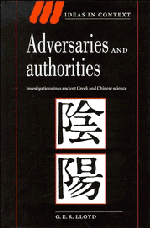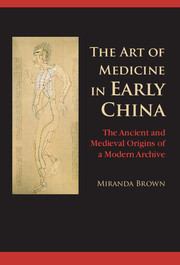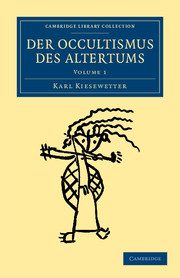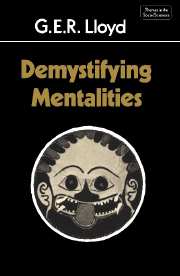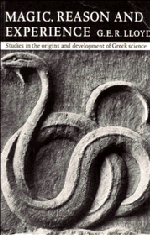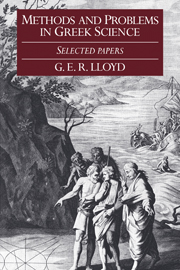The Ambitions of Curiosity
In The Ambitions of Curiosity, G.E.R. Lloyd explores the origins and growth of systematic inquiry in Greece, China, and Mesopotamia. It asks such questions as what factors stimulated or inhibited this development? Whose interests were served? Who set the agenda? What was the role of the state in sponsoring, supporting or blocking research, in such areas as historiography, natural philosophy, medical research, astronomy, technology in all those fields. How were each of those fields defined and developed in different ancient societies? How did truly innovative thinkers persuade their own contemporaries to accept their work? Three of the main themes elaborated are, first, the different routes those developments took in China, Greece and Mesopotamia; second, the unexpected results of many research efforts; and third, the tensions between state control and individual innovation and the different ways they were resolved--problems that remain in scientific research today.
G.E.R. Lloyd is Chair of the East Asian History of Science Trust and Emeritus Professor of Ancient Philosophy and Science at the University of Cambridge. He has authored and edited numerous books including Greek Thought (Harvard, 2000) and Hippocratic Writings (Viking, 1984). He is a Fellow of the British Academy and an Honorary Foreign Member of the American Academy of Art and Sciences.
- Comparative analysis of inquiry in the ancient societies of China, Greece and Mesopotamia by one of the world's leading historians and philosophers of science
- Wider in scope than conventional histories of science with chapters on historiography and the study of language
- Features debates over state involvement in scientific research which are still relevant today
Reviews & endorsements
"G.E.R. Lloyd has produced an important work...recommended." Bryn Mawr Classical Review
Product details
October 2002Paperback
9780521894616
200 pages
229 × 153 × 15 mm
0.328kg
31 b/w illus. 1 table
Available
Table of Contents
- 1. Histories, annals, myths
- 2. The modalities of prediction
- 3. The number of things
- 4. Applications and applicabilities
- 5. The language of learning
- 6. Individuals and institutions
- Glossary of Chinese and Greek terms
- Bibliography
- Index.

